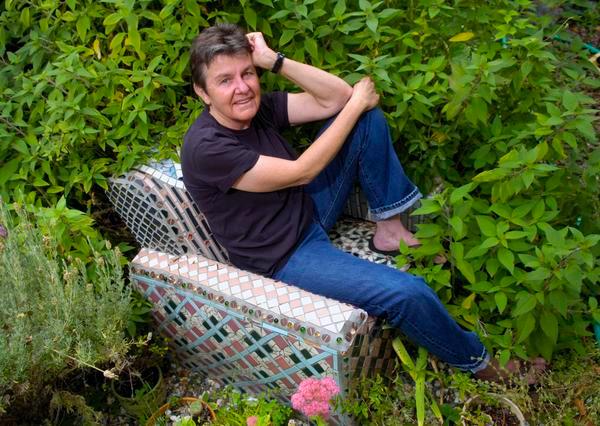Kay Ryan has been named Poet Laureate of the
Still, Ryan could be called a genuine outsider. She doesn’t teach in
But if Ryan is a cipher to much of the poetry scene even in her own community, the reality is that she’s not a bad writer. Nor is she a typical quietist in her use of short forms & short lines. And the real test of her tenure won’t be whether or not she is worthy of the award – there are hundreds of poets, post-avant & quietist alike, with similar credentials. The test will be what she does with the position.
The task of the successful laureate presumably is to improve the conditions for poetry during his/her tenure in the office. In this regard, Robert Hass, Robert Pinsky, Ted Kooser & Donald Hall were all successful, because they used the bully pulpit of the office to advocate for verse itself. Kooser may have also used the post to take some potshots at those who don’t confuse sentimental mawkishness for “plain speech,” but on the whole his American Life in Poetry newspaper feature, the main consequence of his term as PLOTUS, is a fair argument for what he likes, and it at least gets the idea of poetry out to audiences who might well have no other serendipitous access to the form.
By comparison, Louise Glück did a few interviews at the start of her term & otherwise disappeared into the night. Still, even a bump on a log could have made a more positive contribution to the genre than the office’s most recent occupant, the aforementioned Mr. Simic. He attacked what he didn’t like – big books, complexity, the New Americans – & let it go at that. Even the three years the post went vacant after Williams turned it down could not match Simic in diminishing its prestige & importance. The most polite thing that can be said about Simic is that he didn’t understand the position or the opportunity he had been given.
This places Ryan into an interesting situation. Expectations could hardly be lowered any further. The task before her is not simply to find new and useful ways to promote the diversity of American poetries, but to rehabilitate the office of PLOTUS itself. She can begin by presuming that she represents all of the poets & poetries of the nation, not just the same little clique that’s clung to the job since 1937.
¹






